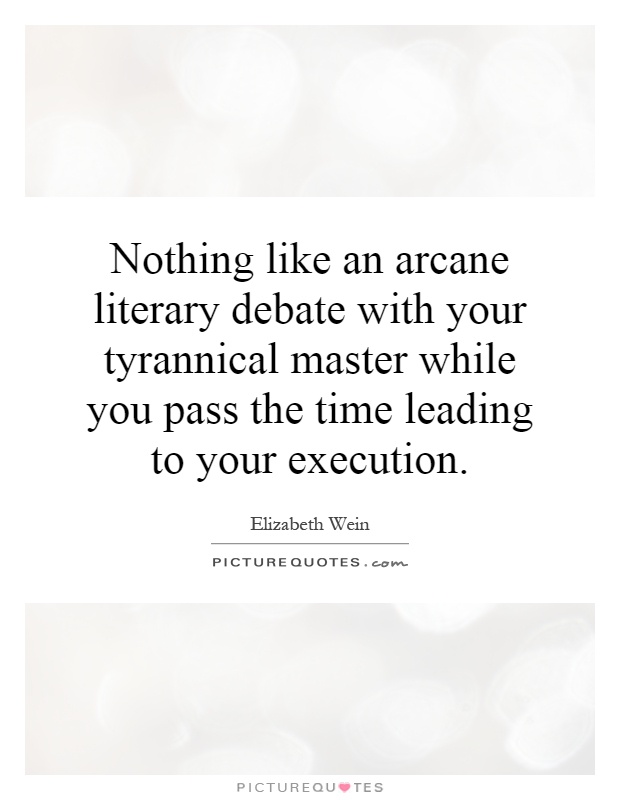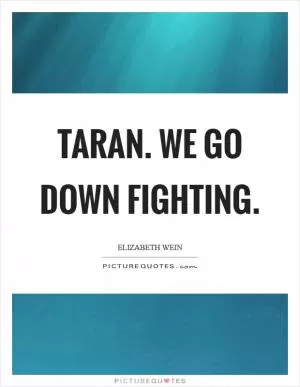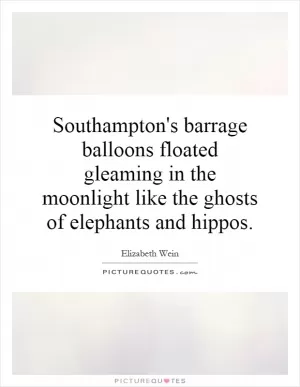Nothing like an arcane literary debate with your tyrannical master while you pass the time leading to your execution

Nothing like an arcane literary debate with your tyrannical master while you pass the time leading to your execution
In Elizabeth Wein's novel "Code Name Verity," the protagonist, a young British spy named Verity, finds herself in a harrowing situation as she is held captive by the Gestapo in Nazi-occupied France. As she awaits her inevitable execution, she engages in a series of intense and intellectual debates with her captor, a ruthless Nazi officer named Hauptsturmführer von Linden.Despite the dire circumstances, Verity's sharp wit and intelligence shine through as she engages in arcane literary debates with von Linden. The two characters spar over the works of Shakespeare, Goethe, and other literary giants, using their knowledge of literature as a weapon in their psychological battle. Verity's ability to hold her own in these debates, even in the face of impending death, showcases her resilience and strength of character.
The dynamic between Verity and von Linden is complex and multifaceted. On the surface, they are enemies, with von Linden holding all the power as Verity's captor. However, their interactions reveal a deeper connection based on mutual respect and a shared love of literature. Despite their ideological differences, they find common ground in their appreciation for the written word, using it as a means of connection and communication in the midst of their deadly game of cat and mouse.
As the tension mounts and the clock ticks down to Verity's execution, the literary debates take on a heightened significance. They become a way for Verity to assert her agency and autonomy in the face of her oppressor, using her intellect and knowledge to challenge his authority and assert her own identity. The debates also serve as a form of escapism, allowing Verity to momentarily forget her grim reality and immerse herself in the world of literature and ideas.












 Friendship Quotes
Friendship Quotes Love Quotes
Love Quotes Life Quotes
Life Quotes Funny Quotes
Funny Quotes Motivational Quotes
Motivational Quotes Inspirational Quotes
Inspirational Quotes